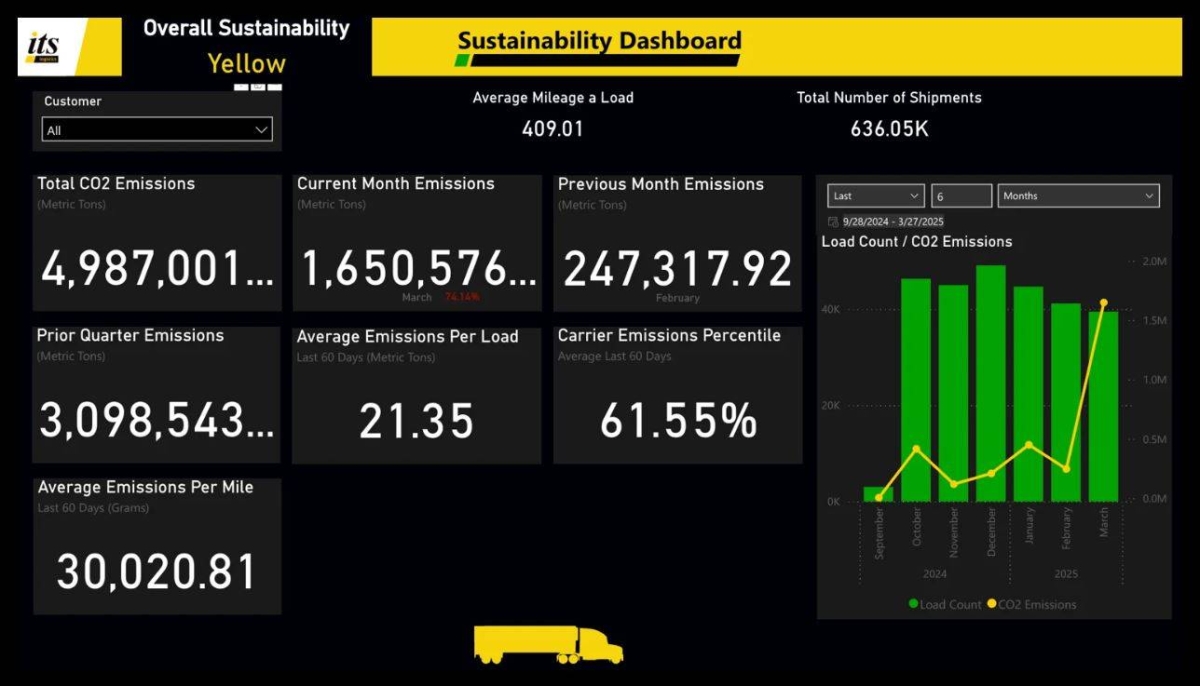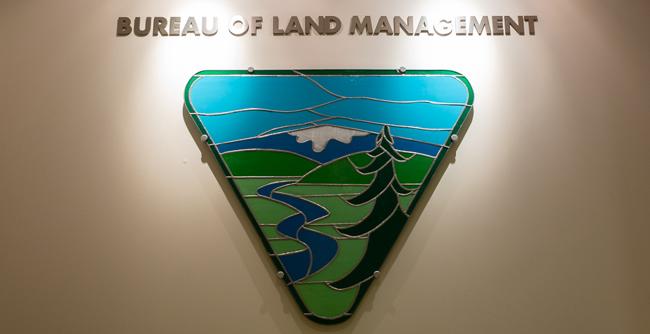Summary
Greenwashing is using misleading or false claims to entice consumers or investors. Learn how to spot and avoid investing in greenwashed companies.
Source: The Motley Fool

AI News Q&A (Free Content)
Q1: What is greenwashing, and how does it impact consumer trust in sustainability claims?
A1: Greenwashing refers to the practice where companies make misleading claims about the environmental benefits of their products or services. This deception can undermine consumer trust in genuine sustainability efforts, as it creates skepticism towards environmental claims. With no harmonized definition, greenwashing varies across sectors, making it difficult for consumers to discern true sustainability from marketing spin.
Q2: How does religiosity influence corporate greenwashing behavior according to recent studies?
A2: A study analyzing U.S. firms found that companies in areas with high religious adherence are less likely to engage in greenwashing. The research suggests that religiosity fosters risk aversion, which in turn reduces the propensity for companies to make misleading environmental claims. This correlation highlights the potential of social norms in shaping corporate behaviors.
Q3: What role do language models play in detecting and potentially aiding greenwashing in corporate disclosures?
A3: Recent research explores the use of large language models (LLMs) in both detecting and facilitating greenwashing. LLMs can evaluate corporate climate disclosures, distinguishing between genuine and misleading claims. However, these models can also be manipulated to generate greenwashed content, posing challenges for ensuring the accuracy of sustainability reporting.
Q4: What are some of the recent examples of greenwashing in the cosmetics industry?
A4: The cosmetics industry has faced accusations of greenwashing, with some brands making false claims about the environmental safety of their products. Examples include misleading labels and exaggerated claims about ingredient safety, which can deceive consumers into thinking products are more eco-friendly than they are. This practice can result in lost consumer trust and legal repercussions.
Q5: Why is greenwashing particularly prevalent in the food industry, and what are the common strategies used?
A5: Greenwashing is common in the food industry due to the rising consumer demand for sustainable products. Companies often use slogans like 'natural' or 'organic' without meeting the requisite standards. These misleading claims, primarily through packaging and advertising, exploit eco-conscious consumers' desires, potentially leading to a loss of trust when the truth is revealed.
Q6: What are the financial risks associated with greenwashing for companies?
A6: Greenwashing poses significant financial risks, including loss of investor confidence, legal penalties, and reputational damage. As ESG factors gain prominence in investment decisions, companies caught greenwashing may face divestment and exclusion from ESG-focused funds. Increased regulatory scrutiny can also lead to fines and legal challenges, impacting a company's bottom line.
Q7: How has the fashion industry been affected by greenwashing, and what measures are being taken to address it?
A7: The fashion industry, known for its environmental impact, faces challenges with greenwashing. Efforts like the UN-backed Fashion Charter aim to reduce pollution, but misleading sustainability claims persist. Reports indicate that a significant percentage of claims are unsubstantiated, fueling consumer mistrust. To combat this, new guidelines and standards are being implemented to ensure transparency and accountability.





